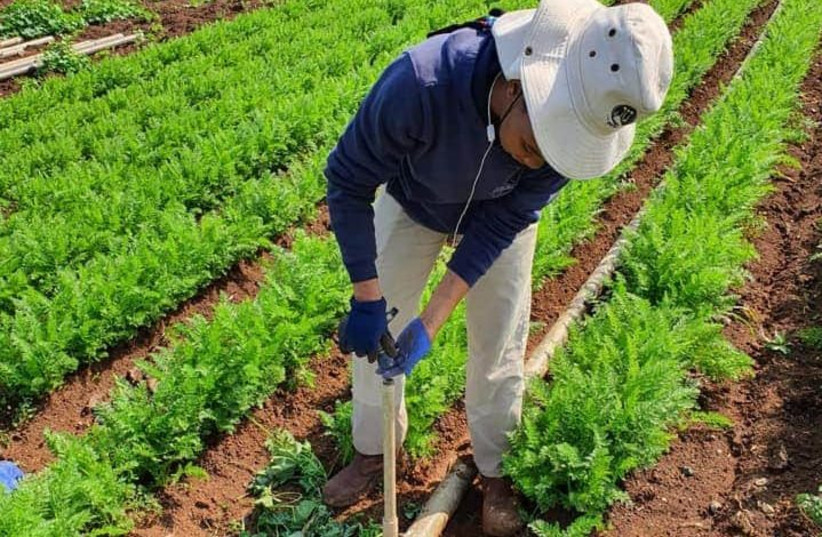For the past week Jews around the world have been observing and celebrating Passover. Passover commemorates the Exodus of the Children of Israel from Egypt. We mark the occasion with the Seder on the first night of Passover and continue for the next seven days to abstain from consuming or even possession of any leavened products.
The Seder tells the story of the initial Exodus along with the plagues visited upon the recalcitrant Egyptians who simply would not let the Hebrew slaves go. The Seder (which means “order”) has a prescribed method of telling the story through specific readings and symbolic foods that are eaten in specific ways. Among them are matzah, maror and haroset.
The Torah calls the holiday Chag Hamatzot, the festival of unleavened bread, while we Jews call it Chag HaPesach, the festival of Passover. It has been pointed out that the reason for this discrepancy is that while we Jews are grateful for the fact that God passed over our homes during the death of the first born, God is grateful that we followed Him into the desert with but a few matzot. And like two lovers who look to point out the best in the other, we call attention to what God did for us, while God points out what we did for Him.
But there is another name the Torah uses and that is Chag Ha’aviv, the Spring Festival. In fact, all the holidays also have agricultural names.
The antecedents for all our holidays are agricultural in nature. They are rooted in the ancient holidays of the peoples who lived here whose very lives were dependent on the change of the seasons and the fruits, grains and vegetables the land yielded.

One of the oldest examples of Hebrew writings we found was a calendar. The Gezer calendar, named for where it was found, gives specific instructions of when to harvest, when to plant and what it is that should be gathered. Already we see the importance of nature and knowing when to plant and harvest as a key component of the lives of our people in the past.
The brilliance of the Jewish calendar was its ability to adapt the world and calendar from the world it inhabited at the time and infuse it with new meaning.
Passover was originally the spring festival. What the Hebrews did was to marry the holiday to a specific historical circumstance in the life of the people. So the spring festival was now connected to the liberation of the Israelites.
The festival of weeks (Shavuot) became the holiday marking the giving of the Torah and the harvest festival (Sukkot) became the festival of booths. While the original booths might have been the shelters used by farmers camping out in their fields to protect the ripe produce before it was harvested, the booths are now repurposed to mark the temporary housings of the Hebrews during their sojourn in the desert. This connected the holiday to a specific aspect of the historical life of the people.
This change from the agricultural to the historical allowed the Hebrew calendar to transcend the geography of the Land of Israel and give the Jew in 17th-century Poland the ability to connect to the holiday and make it relevant to him.
Judaism always had this superpower to change and evolve, and it is this superpower that has allowed it to remain relevant throughout the generations. Keep in mind that if there was even one generation for which Judaism was not supremely relevant and meaningful, it would not be given over to the next. Each Jew, especially those who suffered for their Judaism, had to have a deep belief that Judaism was worth it. They had to believe that the Torah was a treasure worth safeguarding and that even though it risked their lives or the lives of their children, the Torah was even more valuable.
Dying for an agricultural holiday based on seasons that were foreign to the Jew in exile would not have given the Jew the motivation needed to continue the legacy of Abraham, Isaac and Jacob.
But now that we have returned to our land, if we believe the Torah to be eternal and timeless, the question is now: How can we reconnect to the agricultural aspects of the holiday? And while Israel of 2022 is no longer an agrarian economy, we are still dependent on the land, the climate and rain to live. How do we reinvigorate the calendar again to incorporate these aspects to our holidays?
I myself don’t know. But the first step in finding the solution is recognizing and asking the question.
Especially on Passover, a holiday of questions. ■
The writer holds a doctorate in Jewish philosophy and teaches in post-high school yeshivot and midrashot in Jerusalem.
